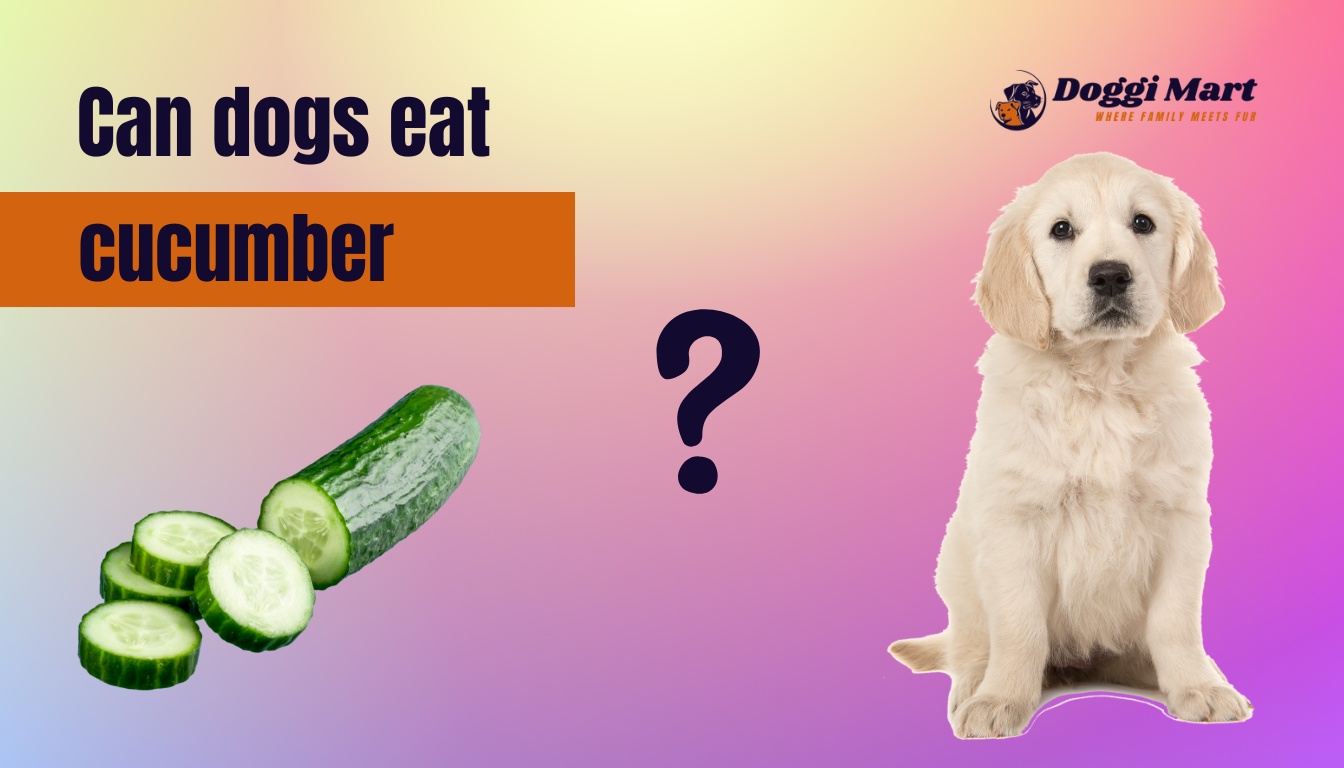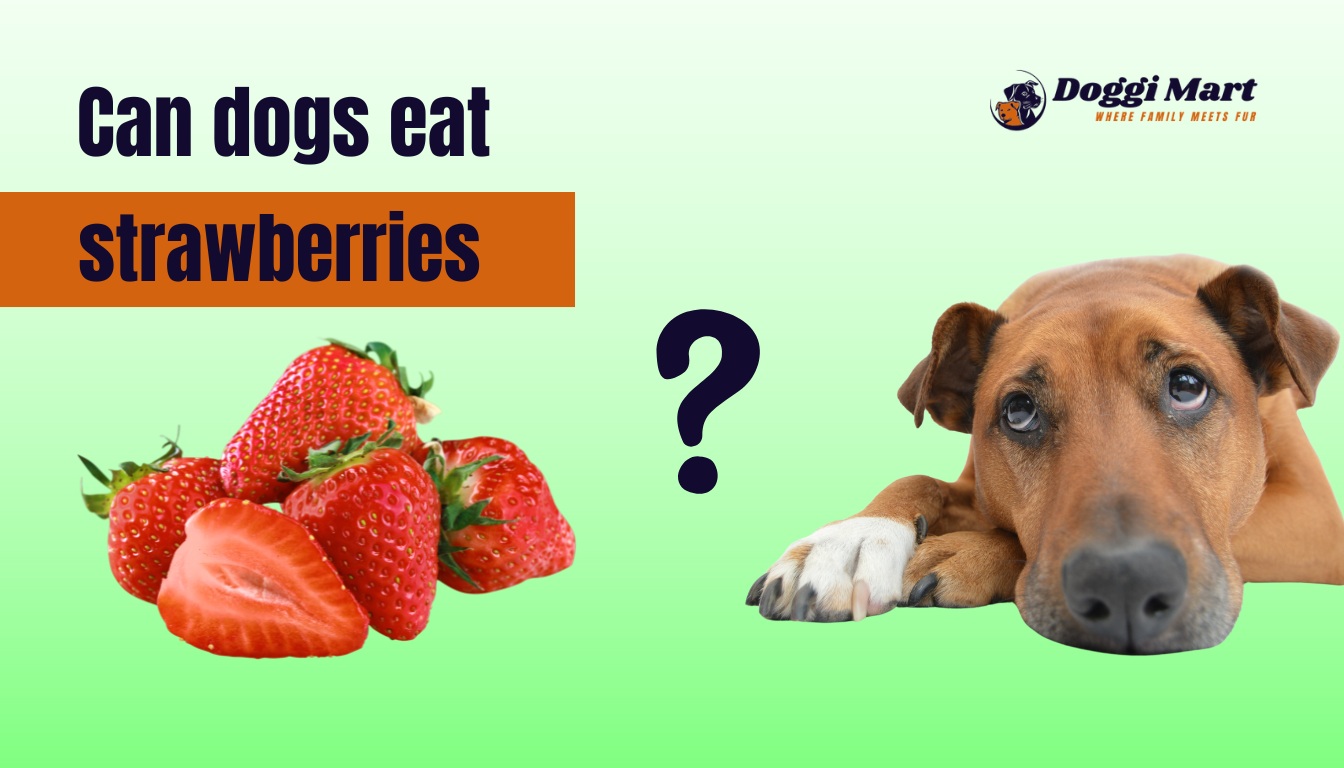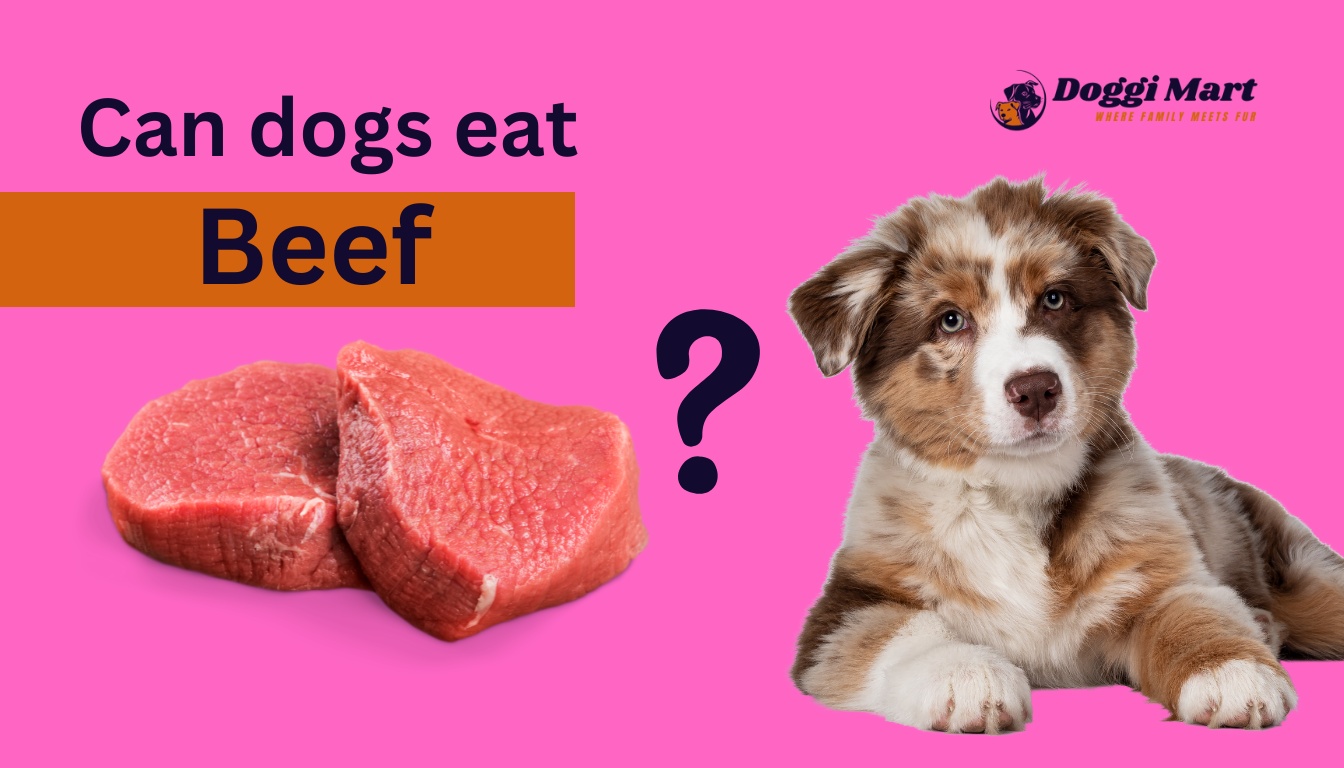
No, dogs should not eat pickles. While pickles are not toxic, they often contain ingredients like salt, spices, and vinegar that can harm your dog. Moderation and proper preparation are key if you decide to share a small amount. However, there are many healthier and safer alternatives for treating your dog that they will love just as much
Why Pickles May Not Be Safe for Dogs
Pickles are cucumbers soaked in brine, vinegar, or saltwater. While cucumbers themselves are safe for dogs, the pickling process introduces several ingredients that could be harmful. Understanding these risks can help pet owner make informed decisions.
1. High Sodium Content
Pickles are loaded with salt. A high sodium intake can lead to several health problems in dogs, including:
- Dehydration: Increased thirst and urination due to the excess salt.
- Electrolyte Imbalance: Too much sodium can disrupt normal body functions.
- Sodium Poisoning: Severe cases can result in vomiting, diarrhea, tremors, or seizures.
2. Spices and Additives
Many pickles are flavored with spices and additives that can be harmful to dogs. Common culprits include:
- Garlic: Highly toxic to dogs and can cause anemia by damaging red blood cells.
- Onion: Another harmful ingredient that can have similar toxic effects as garlic.
- Spices: Ingredients like mustard seeds, chili flakes, or dill can irritate a dog’s digestive system.
3. Vinegar
The acidic nature of vinegar can upset your dog’s stomach. While not inherently toxic, it may cause:
- Stomach discomfort
- Vomiting or diarrhea
- Loss of appetite
What Happens if Your Dog Eats Pickles?
If your dog eats a small, plain piece of pickle, it’s likely they’ll be fine. However, spiced or heavily salted pickles can lead to complications. Here are some potential outcomes:
Minor Reactions
- Slight stomach upset, including mild diarrhea or gas.
- Increased thirst due to high sodium levels.
Severe Reactions
- Sodium Poisoning: Symptoms include lethargy, vomiting, excessive thirst, and in extreme cases, seizures.
- Digestive Issues: Large amounts can irritate the gastrointestinal tract, leading to vomiting or severe diarrhea.
- Allergic Reactions: Though rare, some dogs may experience swelling, hives, or difficulty breathing.
If your dog displays any of these symptoms, contact your veterinarian immediately.
Can Dogs Have Different Types of Pickles?
Not all pickles are created equal. Different types of pickles pose different risks, and some are more dangerous than others. Here’s a breakdown:
| Pickle Type | Safe for Dogs? | Reason |
| Plain Pickles | In Moderation | Avoid excess salt and additives. |
| Dill Pickles | Risky | May contain harmful garlic and spices. |
| Sweet Pickles | Unsafe | High in sugar, may contain xylitol (toxic). |
| Bread and Butter | Unsafe | Loaded with sugar and spices. |
| Spicy Pickles | Unsafe | Contains spices that irritate the stomach. |
Are There Safe Alternatives?
If your dog enjoys crunchy treats, there are plenty of healthier options to satisfy their cravings. These alternatives are not only safe but also nutritious:
- Fresh Cucumbers: Hydrating and low in calories, cucumbers are a perfect snack for dogs.
- Carrot Sticks: Crunchy and full of Vitamin A, carrots promote good vision and dental health.
- Zucchini Slices: Easy to digest and packed with nutrients like potassium and Vitamin C.
- Apple Slices (No Seeds): A sweet treat rich in fiber and vitamins, but make sure to remove the seeds.
- Green Beans: A low-calorie snack high in fiber and vitamins.
- Watermelon Cubes (Seedless): Hydrating and refreshing for hot days.
Also Read: Can Dogs Eat Pineapple? A Complete Guide for Pet Owners
How to Serve Pickles to Dogs (If Necessary)
Though not recommended, if you decide to let your dog try a pickle, take these precautions:
1. Choose Plain Pickles
Avoid pickles with garlic, onion, or added spices. Opt for plain, unsalted varieties.
2. Rinse the Pickle
Wash the pickle thoroughly under running water to remove excess salt and brine.
3. Serve a Small Portion
Cut the pickle into a very small, bite-sized piece. A single slice or chunk is enough.
4. Monitor Your Dog
Observe your dog closely after feeding them the pickle. Watch for any signs of discomfort, such as vomiting, diarrhea, or lethargy.
Potential Risks of Feeding Pickles to Dogs
Even small amounts of pickles can pose risks. Understanding these potential dangers can help you make better choices for your pet:
1. Sodium Poisoning
Excessive salt intake from pickles can lead to serious health issues:
- Symptoms: Vomiting, diarrhea, extreme thirst, tremors, and in severe cases, seizures.
- Solution: Provide plenty of fresh water and contact your veterinarian immediately.
2. Upset Stomach
The vinegar, spices, and high salt content can irritate your dog’s stomach, causing:
- Gas or bloating
- Vomiting or diarrhea
- Loss of appetite
3. Long-Term Health Issues
Regular consumption of pickles can contribute to:
- High blood pressure
- Kidney strain or damage
- Weight gain due to high sodium levels
FAQs About Dogs and Pickles
Can puppies eat pickles?
Are there any health benefits?
Can dogs eat pickle juice?
What should I do if my dog eats a pickle?
Healthy Snack Alternatives for Dogs
If you’re looking for safe and nutritious snacks, these are some of the best options:
| Snack | Benefits |
| Fresh Cucumbers | Hydrating and low in calories. |
| Carrot Sticks | Promotes dental health and vision. |
| Apple Slices | Rich in fiber and vitamins (remove seeds). |
| Green Beans | High in fiber, supports digestion. |
| Watermelon Cubes | Refreshing and hydrating (seedless). |
| Sweet Potatoes | Great source of vitamins and fiber. |
Fun Facts About Dogs and Food Preferences
- Dogs often prefer crunchy textures, which is why snacks like carrots and cucumbers are so appealing.
- While dogs love human food, not all human food is safe for them, so it’s essential to do research before sharing.
- Many fruits and vegetables can be excellent low-calorie treats that also improve your dog’s overall health.
Conclusion
While pickles are not toxic to dogs, they are far from being a suitable snack due to their high sodium content, spices, and vinegar. If you’re tempted to share a pickle, consider offering a dog-friendly alternative like fresh cucumbers, carrots, or apples instead. These options are safer, healthier, and more enjoyable for your furry friend.
Always prioritize your dog’s well-being by consulting a veterinarian before introducing new foods into their diet. By making informed decisions, you can keep your dog happy, healthy, and full of tail wags!




















